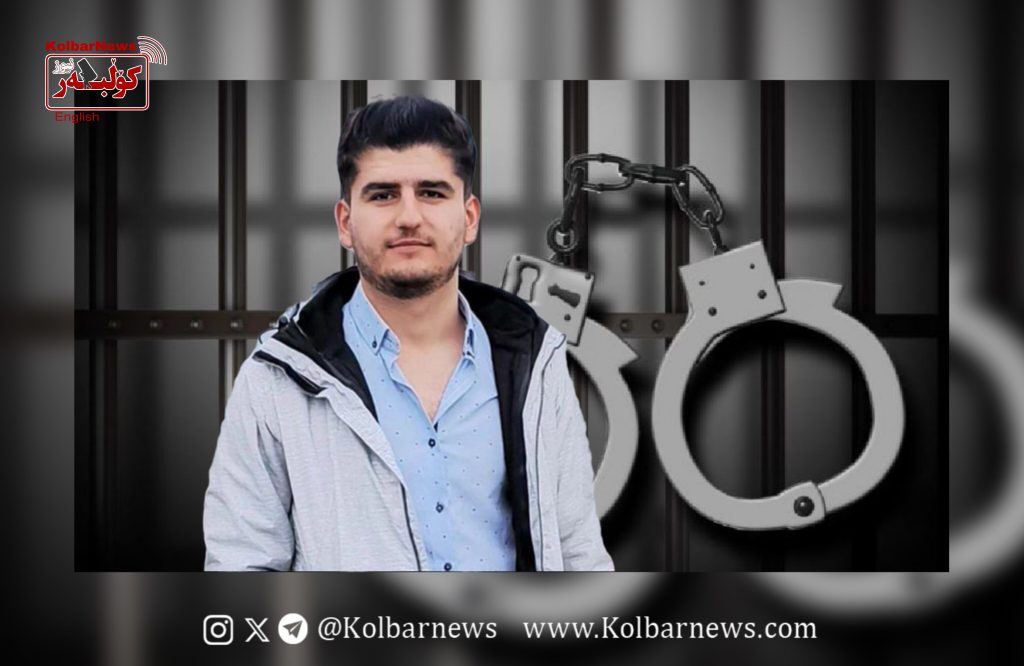
The new wave of attacks against Hezbollah, which began with the explosion of this group’s pagers across Lebanon, has continued with the killing of senior commanders of the movement in Israeli attacks. While the killing of people in Gaza has continued without pause for nearly a year, the destructive and all-encompassing war has now reached the borders of Lebanon and Israel. With Hezbollah’s rocket launches, Israeli army bombings, and the killing of Hezbollah’s top commanders, along with Israel’s threats of a ground invasion of Lebanon, the readiness of the Islamic Republic’s proxy forces in Iraq and Yemen to join the war if Israel launches a ground offensive in Lebanon, the fire of war in the region intensifies by the day.
For nearly a year, Hezbollah and Israeli forces have been exchanging fire in the border region. Civilians on both sides of the border have fled into Israel and Lebanon. Since the start of the Gaza war on October 7th, Hezbollah has been confronting Israeli forces, repeatedly targeting their bases and positions in the north with rockets and drones.
Israel, for the first time, attacked northern Beirut, and Hezbollah launched long-range missiles towards Tel Aviv. Thousands of residents of southern Lebanon have fled Hezbollah-controlled areas to escape Israeli attacks. Concerns about the spread of attacks to other parts of Lebanon have increased. Thousands of people have fled to Syria to escape the bombings. According to aid organizations, more than half a million Lebanese have been displaced within a few days. Lebanese officials have reported that more than 560 people have been killed due to these attacks, with thousands more injured. Meanwhile, talks for a ceasefire in Gaza have also stalled.
The racist hardliners in power in Israel have extended the Gaza war to Palestinian territories in the West Bank and, on the Lebanese front, have expanded the scope of the war. Diplomatic efforts by the U.S., France, and other Western governments have so far failed to curb the warlike appetite of Israel’s religiously extreme government. While Netanyahu’s right-wing government faces pressure from global public opinion and even many Western governments for a ceasefire in Gaza, and as a significant portion of the Israeli population calls for the government’s resignation and new elections, Netanyahu, likely facing prison due to his legal cases if removed from office, has been using the expansion of the war as a temporary solution to mitigate ongoing crises and maintain his hold on power.
In the meantime, it remains to be seen what role the Islamic Republic will play in this conflict. The reality is that the Islamic Republic, which is grappling with unsolvable internal crises, does not see itself capable of engaging in a direct war with Israel. Thus, regarding the war between Hezbollah and Israel and the revenge for Ismail Haniyeh’s killing in Tehran, it has so far taken a step back and adopted what it calls “strategic restraint.”
The Israeli government, realizing that it cannot drag the U.S. into a war with the Islamic Republic, has counted on the Islamic Republic’s inaction in its attacks on Hezbollah and refusal to agree to a ceasefire in Gaza. It has intensified its assaults on Hezbollah and is on the verge of launching a ground offensive in Lebanon, intending, in its view, to close the Hezbollah file after dealing with Hamas.

